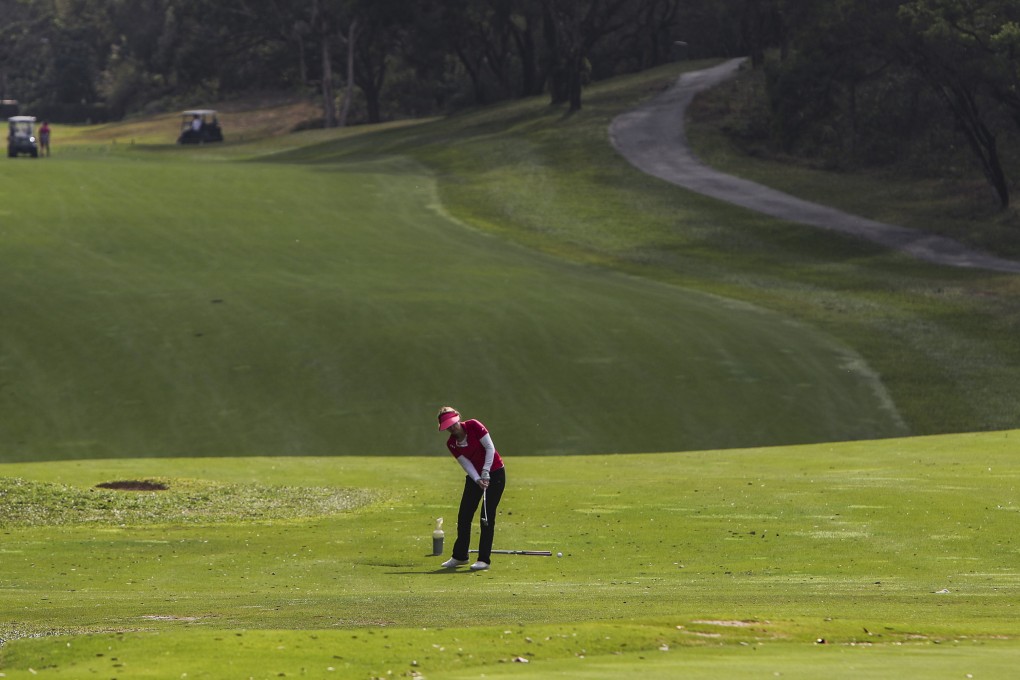Advertisement
Letters | Elitist defences of Hong Kong golf course should not scupper housing plan
- Readers discuss objections to the government’s plan to build public housing on a golf course in Fanling, and practical ways to cope with extreme heat while being environmentally friendly
Reading Time:3 minutes
Why you can trust SCMP
7

Feel strongly about these letters, or any other aspects of the news? Share your views by emailing us your Letter to the Editor at [email protected] or filling in this Google form. Submissions should not exceed 400 words, and must include your full name and address, plus a phone number for verification.
I refer to the article, “Plan to build public housing on Fanling golf course not cost effective and full of double standards, top Hong Kong government adviser says” (August 8).
I was surprised to read the article as I thought Regina Ip Lau Suk-yee, the current convenor of the Executive Council, was one to look out for the welfare of the underprivileged. But as a member of the Hong Kong Golf Club, perhaps she is more concerned about the welfare of the rich.
Advertisement
Ip’s rationale for keeping the golf course intact does not stand up to scrutiny.
She held up the government’s pledge to support the sports sector as a reason. Well said. But she apparently has forgotten that the golf course is largely a members-only privilege enjoyed by the few rather than the many.
Advertisement
Secondly, she mentioned the preservation of cultural heritage. Could the footprints left by the rich after hitting the ball and walking to the next hole be considered cultural heritage?
Advertisement
Select Voice
Choose your listening speed
Get through articles 2x faster
1.25x
250 WPM
Slow
Average
Fast
1.25x